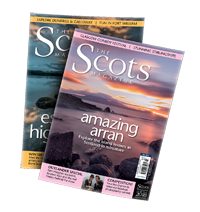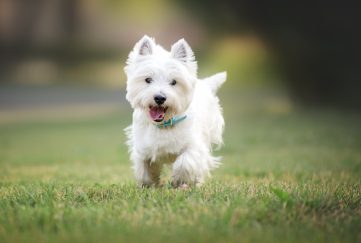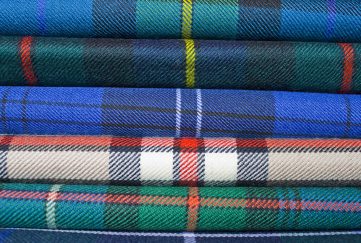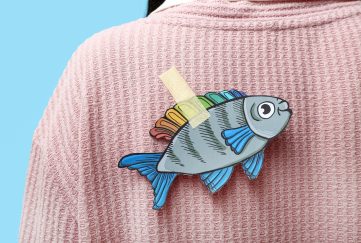Discover The Scots Language!
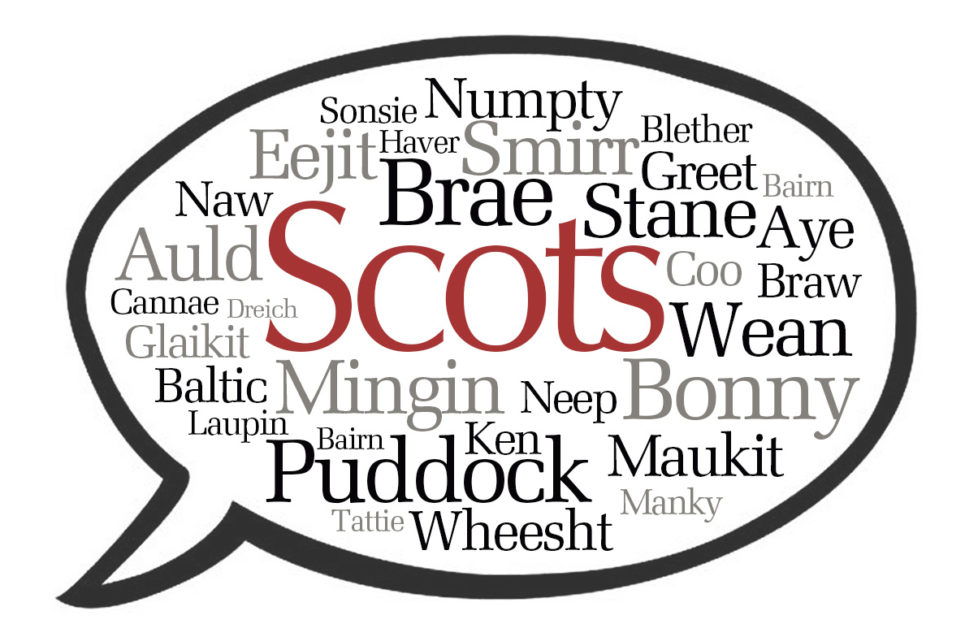
It isnae slang, Scots is a living modern language! James Robertson and Matthew Fitt from Itchy Coo publishers discuss the origin of the Scots language and the meaning behind some of your favourite Scots words.
Scots is the official name of a West Germanic language spoken in modern Scotland. It is recognised as a language in its own right by the Scottish and UK Governments and by the European Union.
Along with Scottish Gaelic it is special and precious because, while many other languages are spoken in Scotland today, if Scots were to cease being used here, where it is rooted, it would effectively become extinct.
Often mistakenly called slang or regarded as only a dialect of English, the Scots language can boast a world-class literature dating from the early Middle Ages to the present day. Writers such as Robert Burns, Walter Scott, Hugh MacDiarmid, Liz Lochhead and Irvine Welsh have all written great works in varieties of Scots. Many of our finest traditional songs and ballads are also in Scots.
As with any language, Scots has many dialects including Glaswegian, Doric, Ayrshire, Edinburgh, Fife, Dundonian, Shetland, Orcadian and others.
People were asked in the 2011 Census if they could speak Scots. It was the first time a Census had set out to record the number of Scots speakers. One and a half million people declared on their Census form that they spoke Scots, while 1.9 million said they could speak and/or read, write and understand it.
The language was recorded in two huge academic projects during the 20th century, the Scottish National Dictionary and the Dictionary of the Older Scottish Tongue. The entire contents of these multi-volume works have been digitised and can be explored on the website www.dsl.ac.uk
Historically, Scots language provision in schools was often restricted to annual concerts or poetry recitals. But many teachers across Scotland have reported improvements in levels of attainment and attitude among their pupils as a direct result of building more rather than less Scots language into programmes of study.
A significant number of children in this country use Scots in one form or another in their everyday lives. They speak it at home with their family and with their peers. Scots is a living modern language which children in their tens of thousands bring to school.
Here are some brilliant words:
Bairn
A bairn is a child. It’s especially used in eastern and northern areas (it’s standard in North-East England too). In west central Scotland wean is more common, but Ayrshire-born Robert Burns used both words.
Brae
A hill or slope. This word appears in many place-names, from the Braes o Balquhidder to Drumbrae in Edinburgh. A stey brae is a steep incline.
Coo
One of the most familiar sights in the countryside, coos are everywhere. Another plural form of the word is kye. There are even Gaelic-speaking Hielan coos. The phrase itchy coo has another meaning: ‘anything that causes a tickling sensation, especially the prickly seeds of the dog-rose put by children down one another’s backs’.
Eejit
An idiot or twit. If you feel insults in English aren’t quite cutting it, you can turn to Scots which has plenty of zingers like eejit, numpty, bampot, rocket or bawheid. This particular word was a gift for the Scots translator of Roald Dahl’s The Twits (in Scots The Eejits) for what else are the two main characters in this book but a pair of total eejits.
Mingin
A smell, usually unpleasant. An imprint dedicated to engaging and entertaining young readers, popular Scottish publishing imprint, Itchy Coo, has given this much loved Scots word a good airing in books like King o the Midden: Manky Mingin Rhymes in Scots, Geordie’s Mingin Medicine (Roald Dahl’s George’s Marvellous Medicine) and David Walliams’ Mr Stink who inevitably became Mr Mingin.
Neep
A turnip. Traditional fare at a Burns Supper is haggis with bashed neeps and champit tatties. A neep or neep-heid is also a derogatory term for somebody stupid. Another word for a turnip is a tumshie, also applied to a glaikit or not too intelligent person.
Puddock
A frog or toad. Scots has a huge number of words for animals. Wild craiturs include the brock, tod, maukin, hairy oobit, troot, partan, hurcheon, selkie and moose.
Smirr
A fine rain. One of the many Scots words which describe Scotland’s distinctive weather. The Scots writer George Campbell Hay employed this word to great effect in the hauntingly beautiful poem ‘A Smoky Smirr o Rain’.
Sleekit
Sly or smooth. A common Scots word used of people displaying cunning or underhand behaviour. The word as it appears in Robert Burns’ oft-quoted line ‘Wee sleekit cow’rin, tim’rous beastie’ refers to the smooth fur of the wee craitur in the poem.
Stane
A stone. Some people feel that a word like stane is a mispronunciation of the English word ‘stone’. In fact, words like coo and hoose and stane have been around as long as their cognates in English and are among the oldest words in the Scots language.

